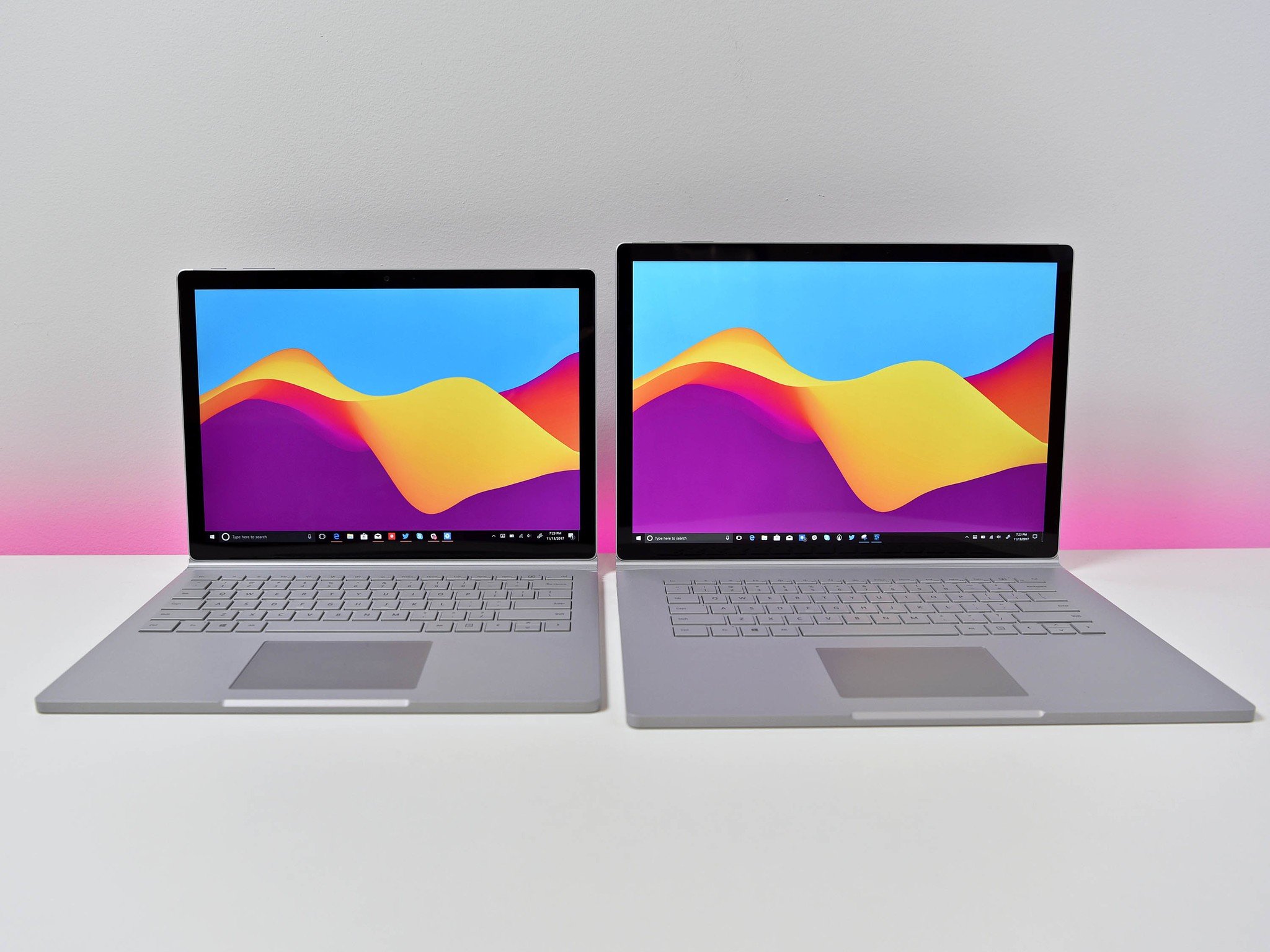Synaptics hints at 'next-generation' security OS from Microsoft
In announcing a new partnership with AMD, Synaptics dropped hints that a new security-focused OS from Microsoft is on the way.

All the latest news, reviews, and guides for Windows and Xbox diehards.
You are now subscribed
Your newsletter sign-up was successful
Synaptics and AMD today announced that they're teaming up on a biometric security solution for consumer and business PCs built on AMD platforms. But for Microsoft watchers, the most curious portion of the announcement is that the biometric tech is squarely focused on a mysterious "next-generation operating system" from Microsoft.
"The collaboration brings a new level of security for AMD-based laptops by leveraging Synaptics' unique FS7600 Match-in-Sensor fingerprint sensor technology with powerful AMD Ryzen Mobile processors, and Microsoft's forthcoming biometric security OS including Windows Hello," Synaptics says.
Synaptics' Match-in-Sensor tech is a way of keeping fingerprint authentication "off the grid," the company says. Performing authentication on a dedicated chip keeps it isolated from the rest of the system, hardening security and helping to prevent potential malware from influencing the input and output functions of the sensor.
Polaris, perhaps?
It's not entirely clear what the biometric security OS is that Synaptics is referring to, as Microsoft itself hasn't announced any forthcoming releases. However, it could be related to a Microsoft project called Polaris, a more modern version of Windows 10 for desktops that Windows Central senior editor Zac Bowden reported on earlier this year.
Built on an internal project called Windows Core OS, which aims to turn Windows into a modular OS, Polaris is said to focus on desktop, laptop, and 2-in-1 form factors. The goal of Polaris is to provide a shell that Windows users are familiar with, but while leaving behind legacy components in favor of UWP apps. According to our reporting, Polaris would still be able to utilize some form of virtualization to run Win32 programs. However, dropping legacy cruft would, in theory, allow Microsoft to create a more secure version of Windows 10.
As to whether Polaris is what Synaptics is referring to, it's all speculation at this point. The last we heard was that Microsoft is targeting 2019 for a Polaris release, but it's an interesting possibility to consider. It's also worth noting that Microsoft's partner conference, Inspire, starts this week, so Synaptics could be timing its announcement with something Microsoft will reveal there.
Understanding Windows Core OS and Microsoft's 'Polaris' for modern PCs
All the latest news, reviews, and guides for Windows and Xbox diehards.

Dan Thorp-Lancaster is the former Editor-in-Chief of Windows Central. He began working with Windows Central, Android Central, and iMore as a news writer in 2014 and is obsessed with tech of all sorts. You can follow Dan on Twitter @DthorpL and Instagram @heyitsdtl.
